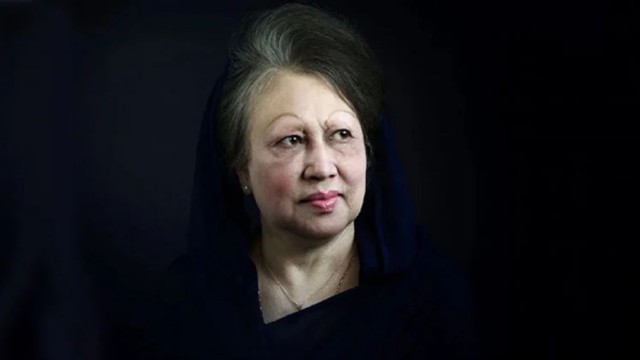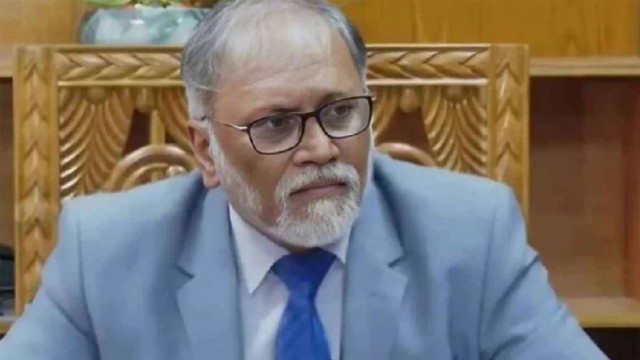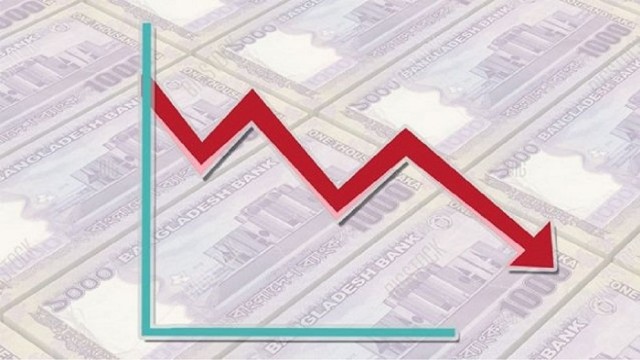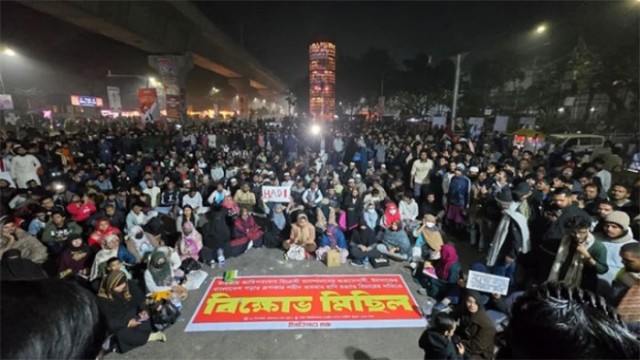IMF Chief urges immediate action to protect jobs and address growing inequality as AI's impact grows
The growing impact of artificial intelligence (AI) may jeopardize over 40% of jobs worldwide, according to a warning from the International Monetary Fund (IMF). This dire warning, as reported by CNN, highlights the profound changes that the global labor market is expected to undergo.
In a recent blog post, IMF Chief Kristalina Georgieva emphasized how important it is for countries all over the world to implement extensive retraining programs and strengthen social safety nets. The goal of this proactive strategy is to lessen the possibly significant consequences of AI on employment.
Georgieva brought up a crucial issue, pointing out that the deployment of AI could exacerbate already-existing disparities, a trend that calls for quick legislative action to prevent societal unrest from getting worse. The topic of artificial intelligence (AI) and its impact on the economy is expected to be a major feature of the World Economic Forum's (WEF) forthcoming annual conference in Davos, Switzerland.
The IMF's analysis suggests that advanced economies could be most affected, perhaps losing up to 60% of their jobs. While around half of these occupations are expected to see increased productivity due to AI, the remaining roles face a harsh reality of declining demand, falling earnings, and possibly even unemployment as AI takes on roles that have historically been filled by humans.
Lower-income nations and emerging markets are not exempt from these difficulties. Here, the impact might affect, respectively, 40% and 26% of jobs. Georgieva expressed concern about the absence of qualified labor and infrastructure in these areas, which increases the likelihood that AI may widen already-existing economic disparities.
Georgieva also cautioned about the growing possibility of social instability, particularly if younger, tech-savvy workers use AI to increase productivity while their more senior peers find it difficult to adjust.
The effects of AI on employment are a major topic of discussion at Davos. Reputable individuals, such as Microsoft's Satya Nadella and Sam Altman, CEO of ChatGPT creator OpenAI, are scheduled to speak about the implications of generative AI technology.
Despite these difficulties, Georgieva did not discount AI's advantages, pointing out that it has the potential to greatly increase world output and incomes. She emphasized the significance of directing AI's advantages for the greater good, arguing that with careful planning, it might be a revolutionary force for the world economy.
Amidst fears over job loss, some economists are hopeful, saying that AI's widespread adoption may ultimately increase worker productivity. Over the following ten years, this might result in an annual growth in the global GDP of 7%.
End//voice7news.tv































Comment: